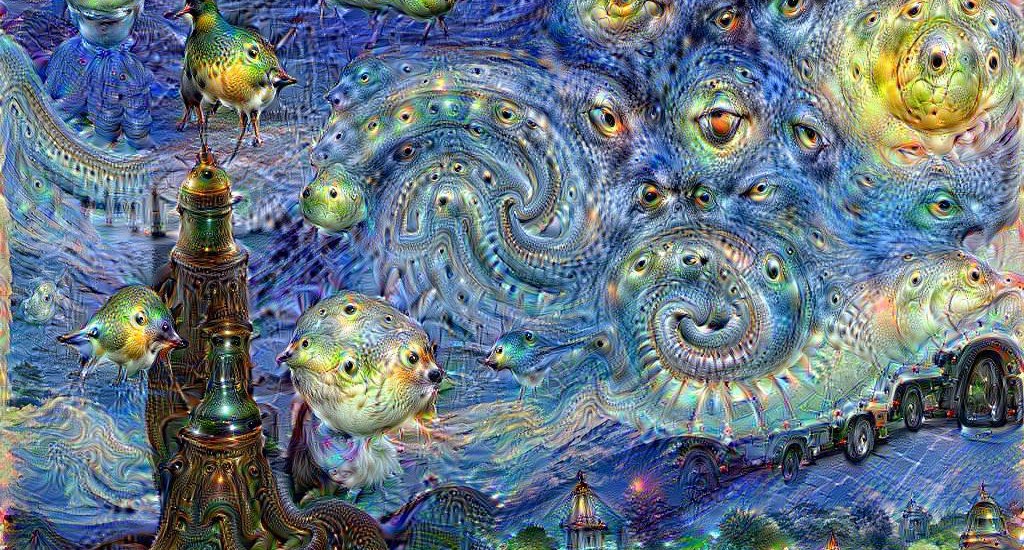AI isn't science fiction. You hear about the human-like programs that will overtake humanity, (which I talked about in my "Machine Labor, AI, and the Technological Singularity" post.) but what you don't hear about is how AI is hugely beneficial to humans. Incredibly useful and interesting advancements in the field of AI are made every day.
Google has made many advancements in AI possible, as well as made them available to the public. Google Photos uses neural networks to understand what is in an image and display relevant images, keywords, and allow for search of what's in the image. Google Photos lets you search for say, "dog", and it will understand which pictures have a dog in it. Everyone is familiar with Google Images, but it's currently vastly different than what Google is doing with AI. Google Images searches websites and file names for relevant images and displays them. That's why searching for one thing can sometimes lead to something completely different. Google's new neural network algorithm understands what is actually in the image. You can see a visual effect of this with Google's "DeepDream", which provides a sort of viewpoint of what their neural network sees. Any image can be put through it, you can see what the computer thinks is there.
SwiftKey has been my Android keyboard of choice since my first Android phone. In the past few months, SwiftKey has been working on a keyboard that bases predictions and corrections on a neural network AI. Presently, SwiftKey looks at your last few words typed and will suggest words that many people put after. SwiftKey's Neural Alpha examines actual word relations and understands the meaning of words. SwiftKey Neural clusters similar words and understands sentence structure. After using SwiftKey Neural Alpha for a few months, it's leagues ahead of any other keyboard prediction I've seen. The old model doesn't actually understand how humans speak, it simply suggests words that are frequently placed after the last few. In practice, this leads to suggestions that don't make sense. When SwiftKey's Neural network examines the whole sentence, it uses all of the words to predict an accurate continuation.
Go is an ancient Asian board game still extensively played in China and Japan. Google made history recently by creating an AI that beat the European Go champion five times out of five. This probably doesn't seem significant. We've had bots beat humans in chess, and lots of other games. Why is Go different? Well, Go is extremely complex with more possible moves than there are atoms in the universe. Usually, a bot will scan the possible moves for the most advantageous position to best their opponent. This isn't possible with Go due to the sheer number of possible moves. When humans play Go, they rely strongly on instinct. In order for the AI to replicate this, Google had it study and understand games played by humans. Afterwards, the AI played against itself thousands of times in order to gain a deeper understanding. If an AI can master Go, a game once considered an art that must be mastered by any Chinese scholar, what can't it do? The progress of AI is expanding at an exponential rate. Whether this is scary or exciting depends on your opinion, but the fact is, AI is not only something done for purely research purposes, but also for practical use in every day life.
Sources: Nature, Wikipedia, SwiftKey
WHAT'S NEW?
Loading...



0 comments:
Post a Comment